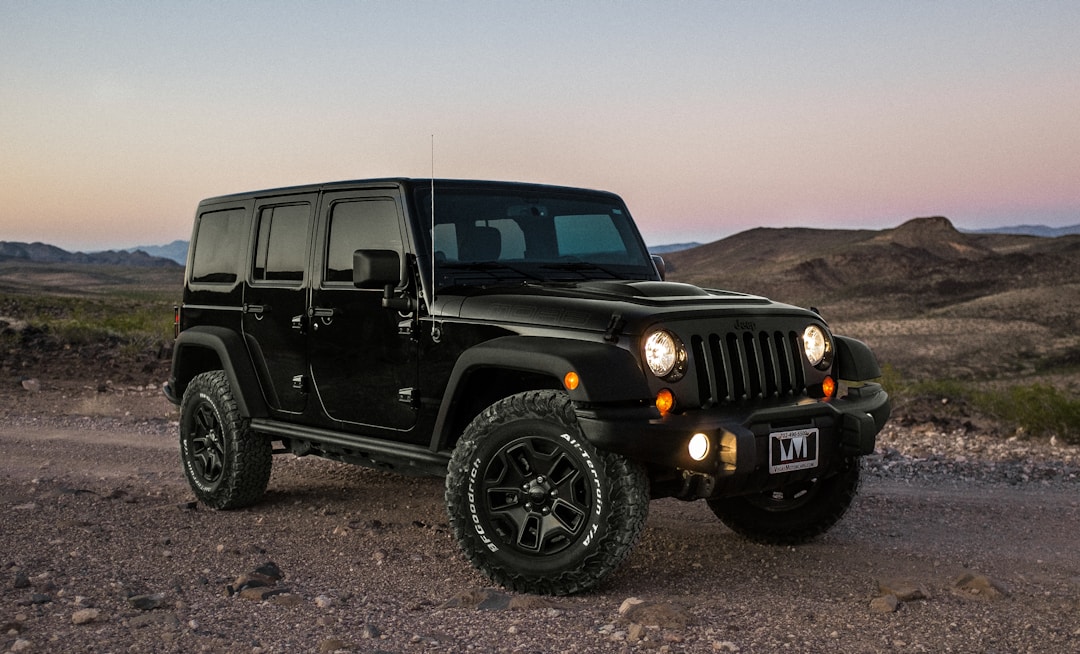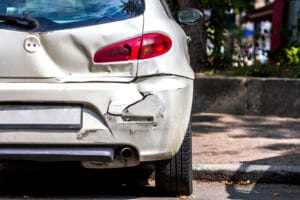In the ever-evolving car world, a significant decision every potential car owner must face is whether to lease or buy. Both options come with their unique set of advantages and drawbacks, thereby creating a varied landscape of choices. For instance, it’s quite possible to search for, “lease a car Los Angeles options” and enjoy the benefits of having a new vehicle without a long-term commitment. However, purchasing a vehicle outright has its rewards too. This article explores these two alternatives and weighs their pros and cons to help you make an informed decision.
Leasing a Car: A Comprehensive Look
Leasing, in a nutshell, is akin to renting a car for an extended period, typically two to four years. You agree to pay a monthly fee to use the vehicle, adhering to certain conditions like mileage limits and maintenance requirements.
The Pros of Leasing
- Constant Upgrade Cycle: One of the main attractions of leasing a car is the ability to upgrade to a new model every few years. As technology advances rapidly, newer car models come with the latest safety features, fuel efficiencies, and infotainment systems. Leasing allows you to enjoy these enhancements regularly without the hassle of reselling or trading in an old model.
- Lower Monthly Payments: Leased cars generally come with lower monthly payments compared to purchasing a new vehicle. This is because you’re only paying for the vehicle’s depreciation during the lease term rather than its full value.
The Cons of Leasing
- No Ownership: Despite making regular payments, you never own the vehicle when you lease. When the lease term ends, you return the car and are left with no tangible asset, even after potentially years of payments.
- Mileage Restrictions: Lease agreements usually come with strict mileage limits, often between 10,000 to 15,000 miles per year. Exceeding these limits will incur additional costs, which can quickly add up.
Buying a Car: An In-depth Analysis

Buying a car is a straightforward process—you either pay upfront or finance the car, making payments until the car is entirely yours.
The Pros of Buying
- Ownership: The most apparent advantage of buying a car is ownership. Once you’ve finished paying for the car, it’s yours. You can modify it, sell it, or drive it into the ground—it’s entirely up to you.
- No Mileage Restrictions: When you own a car, you can drive it as much as you want. You’re not bound by any mileage restrictions, unlike leasing, offering you complete freedom on the road.
The Cons of Buying
- Higher Monthly Payments: If you finance a car, the monthly payments will likely be higher than a lease. This is because you’re paying for the car’s total value, not just its depreciation during a lease term.
- Depreciation and Resale Hassle: Cars depreciate quickly, especially new ones. When you own a car, you bear the full brunt of this depreciation. Plus, when you decide to sell it, you have to navigate the resale or trade-in process, which can be time-consuming and challenging.
The Impact on Credit
Whether you decide to lease or buy a car can also impact your credit score. Both options have their effects, which are essential to understand for the health of your credit. When you lease a car, you agree to make regular payments over the lease term. These payments are reported to the credit bureaus and can contribute positively to your credit history if made promptly. However, leasing can also initially lower your credit score slightly due to the new inquiry and increase in your total debt obligation.
Much like leasing, buying a car also requires regular payments if you finance it, which can help build a strong credit history. However, financing a car also means a higher amount of total debt, which might impact your credit score more significantly compared to leasing.
The Role of Insurance in Leasing vs. Buying
Car insurance plays a crucial role in both leasing and buying decisions. Regardless of your choice, you must have adequate coverage. Typically, leasing companies require comprehensive insurance coverage because they still own the vehicle. This type of insurance generally costs more than minimum liability coverage and includes deductibles. Additionally, some leasing companies require gap insurance to cover the difference between what you owe on the lease and the car’s value if it’s totaled or stolen.
Meanwhile, while financing a car, the lender will also require comprehensive insurance until you pay off the loan. Once the car is paid in full, the level of coverage is up to you, as long as you meet your state’s minimum requirements. This means you could potentially reduce your insurance cost by switching to a more basic plan after paying off the car.
Leasing vs. Buying: Consider the Maintenance Aspect
Maintenance is another key factor to consider when choosing between leasing and buying. With a lease, the car is usually under the factory warranty for the duration of the lease term, which means most repair costs are covered. However, you are responsible for regular maintenance, such as oil changes and tire rotations. Failure to maintain the car properly could result in penalties at the end of the lease.
When buying a car, you are responsible for all maintenance and repairs once the warranty expires. This could mean substantial repair costs as the car ages. However, you have more control over the maintenance schedule and can decide when and where to have the car serviced.
Factors like Job Stability and Lifestyle Changes

Your job stability and potential for lifestyle changes can also influence whether leasing or buying is the right choice. If your job is stable and you have a steady income, both leasing and buying can be good options. However, if there is uncertainty about your future income, buying may be a more secure choice. While the payments might be higher, you will eventually pay off the car and own it outright. With a lease, you have the burden of continuous payment, which could be problematic in case of job loss.
Moreover, potential lifestyle changes, like growing a family, changing jobs, or moving, can impact your decision as well. If you foresee significant changes in your life, buying might offer more flexibility, as you can sell the car anytime. With a lease, you’re locked in for the lease term and early termination can result in hefty fees.
Comparing Leasing and Buying: A Cost Perspective
Often, the decision to lease or buy comes down to cost. However, calculating this isn’t straightforward—it involves factoring in variables such as depreciation, the cost of capital, and future value.
Leasing usually results in lower monthly costs and less upfront payment. However, you continually have a car payment. When one lease ends, you start another, hence a cycle of perpetual payments.
On the other hand, buying a car means higher monthly fees. However, once you’ve paid off the car, you own an asset—albeit a depreciating one. The vehicle can also serve as a trade-in for your next car, creating some future value.
Conclusion: A Matter of Personal Preference
Choosing between leasing and buying is a critical decision in the car world, and it primarily depends on personal preference and financial circumstances.
If you prefer driving the latest models, don’t mind abiding by mileage restrictions, and aren’t concerned with ownership, leasing might be your best bet. However, if you seek ownership, plan on keeping the vehicle for a long time, and have no qualms about higher monthly payments, buying could be the way to go.
Either way, it’s essential to consider all factors—financial implications, lifestyle needs, and long-term plans—before making a decision. Only then can you ascertain which option truly reigns supreme for you in the car world.





